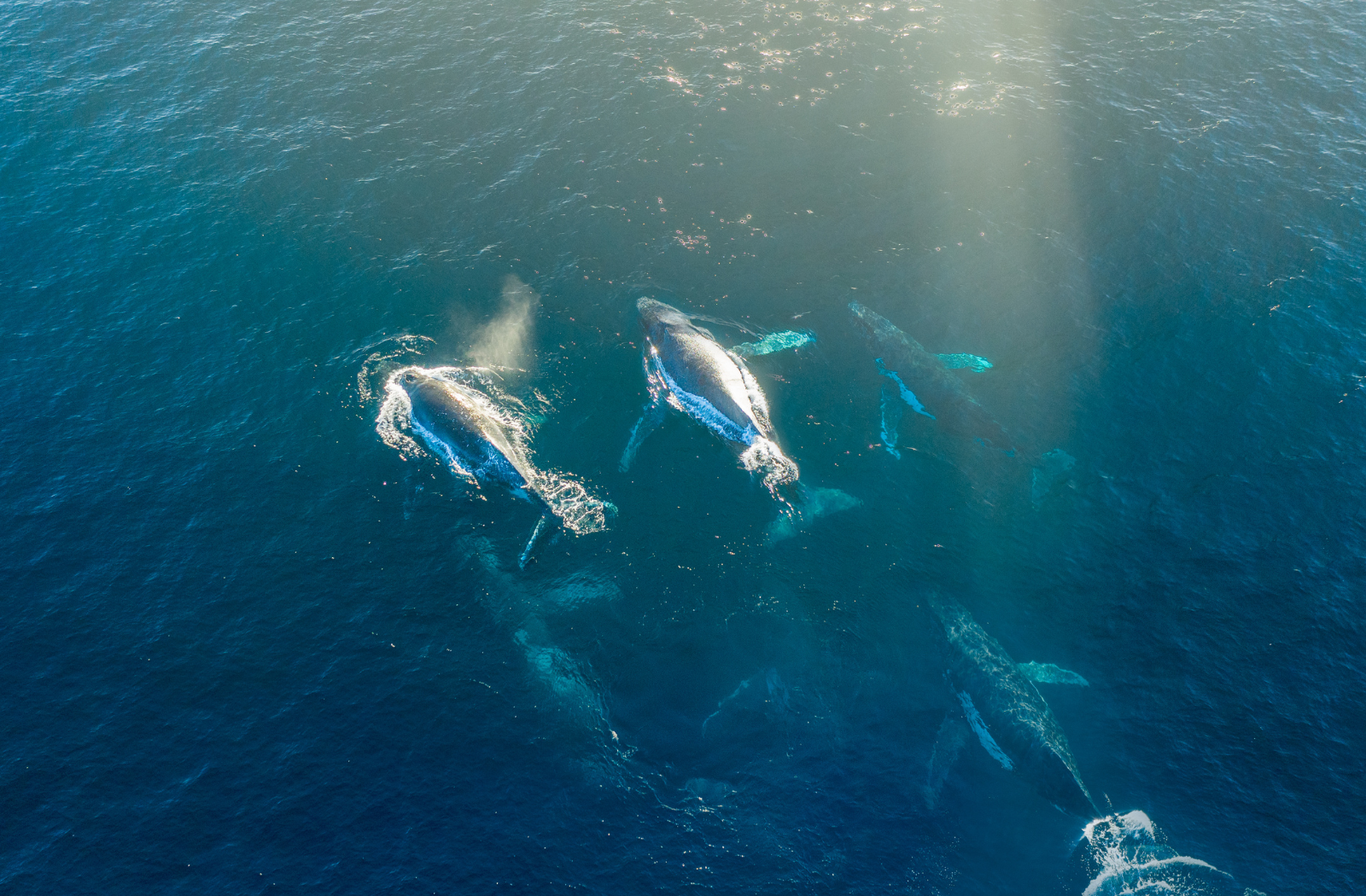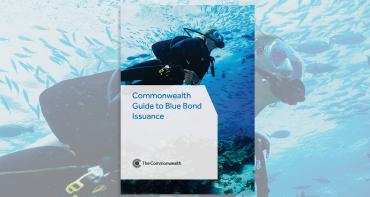Blog by Dr Daniel Wilde, Head of Oceans, and Dr Jane Collins, Ocean Governance Adviser, Commonwealth Secretariat

The Apia Commonwealth Ocean Declaration, agreed to at the Commonwealth Heads of Government Meeting in Samoa last year, sounded a clarion call for the restoration and protection of the ocean. It demonstrated that our members countries are gravely concerned with the ocean facing a global emergency.
Ratifying the BBNJ Agreement
The ratification of the Biodiversity Beyond National Jurisdiction (BBNJ) Agreement is critical in achieving that goal – restoring and protecting the ocean. This ‘High Seas Treaty’ provides for the establishment of marine protected areas and the evaluation of the environmental impact of human activities in parts of the ocean that lie beyond national borders.
The 3rd United Nations Ocean Conference was pivotal in increasing to 50 the number of countries that have ratified the BBNJ Agreement. But this is still shy of the 60 ratifications needed for the treaty to enter into force.
The BBNJ Agreement mandates an important principle: that the benefits associated with marine genetic resources should be fairly and equitably shared.
But principles without implementation are just good intentions.
So, the BBNJ Agreement goes a step further and seeks to operationalise this principle by providing for a special fund to share monetary benefits, and it lists possible charges – such as fees, royalties and profit shares – on the use of marine genetic resources. These charges can be used to raise revenues for this fund.
The treaty does not, however, mandate particular charges or provide details of how charges will work in practice.
Tackling the gaps in the High Seas Treaty
Going forward, the international community must develop and agree on the details to design charges that are implementable, transparent and fair.
In designing this fee system, consideration should also be given to striking the right balance between encouraging the development of marine genetic resources and ensuring financing for conservation efforts and capacity building. It is also critical that barriers are not created, hampering participation in marine scientific research and the development of related technology.
However, there are questions about what the fair and equitable distribution of monetary benefits will mean in practice.
For example, if the fund finances projects that are judged based on written proposals to protect the marine environment, is that a fair and equitable distribution of benefits? Or is it an unfair distribution based on proposal writing capability?
New metrics are needed for distributing funds
Now, let’s say the fund is distributed to projects based on GDP per capita and population as metrics, is that a fair and equitable sharing of financial benefits? Or would that inadvertently discriminate against those Small Island Developing States (SIDS) that have small populations and are considered middle-income countries?
There might be a strong argument for considering vulnerability when determining the fair and equitable distribution of monetary benefits. But that would need agreed indicators to ensure fairness.
The distribution of monetary benefits should also be simple and transparent, not placing an undue administrative burden on developing states, especially SIDS and Least Developed Countries (LDCs). Scarce human resources should not be tied up in drafting overly complicated proposals.
These are some of the complexities that the Commonwealth Secretariat is committed to assisting its members in navigating, both through our ongoing research and through our bilateral technical assistance programme on the BBNJ Agreement. We are working to help countries ratify and implement the treaty and operationalise the fair and equitable sharing of benefits.
Find out how we support member countries to ratify and implement the BBNJ Agreement
This blog is based on a recent speech to the 3rd United Nations Ocean Conference available here: Ocean Action Panel 10.


